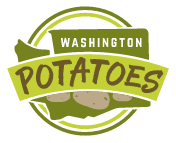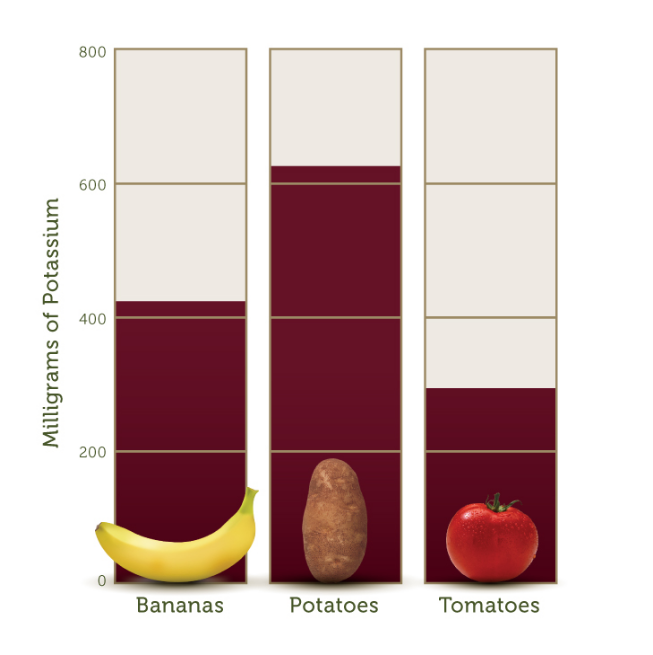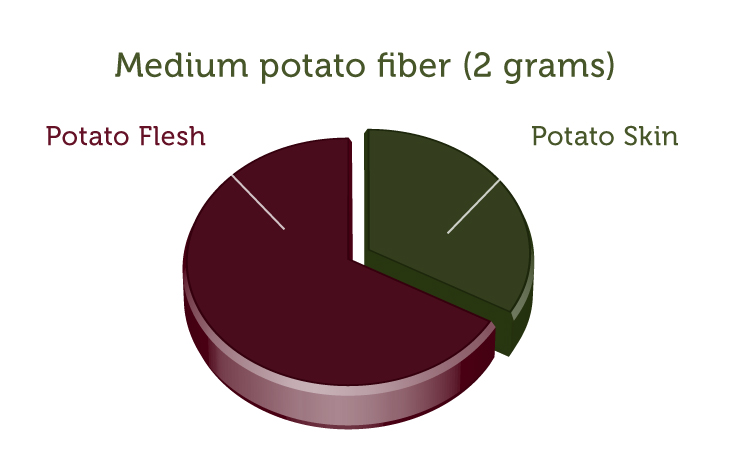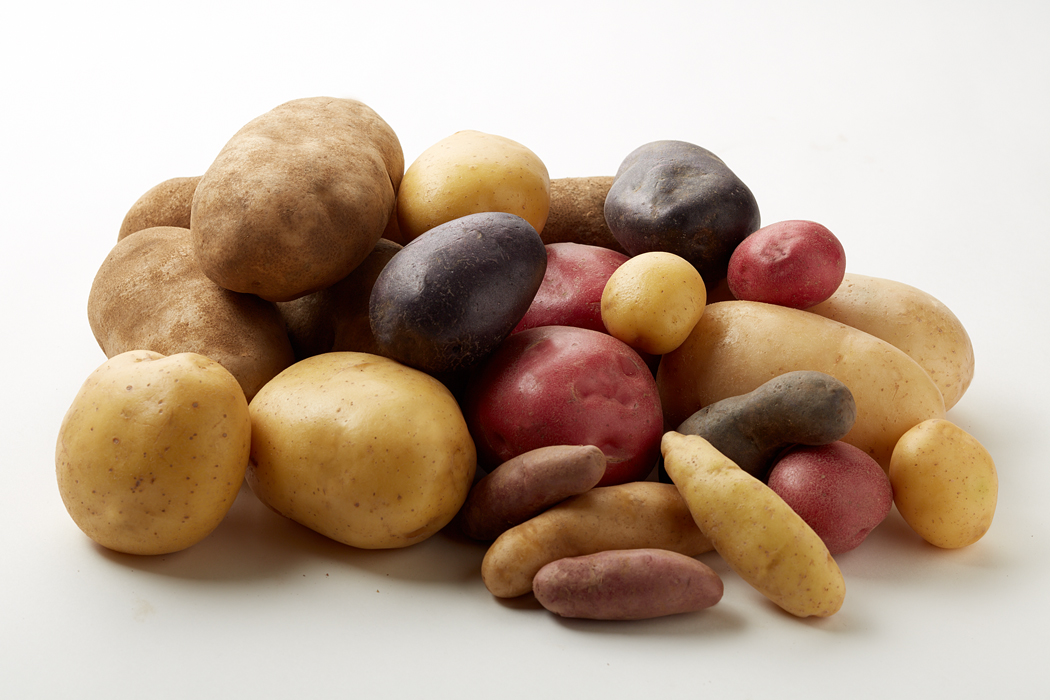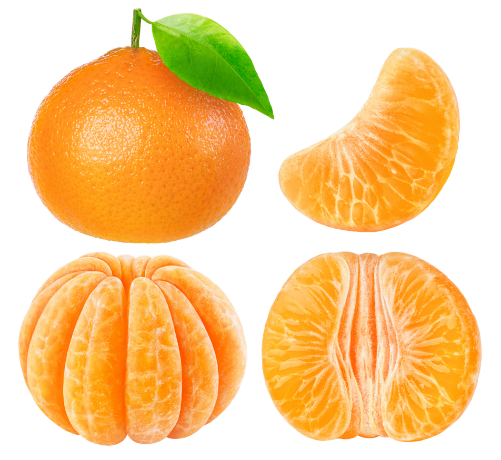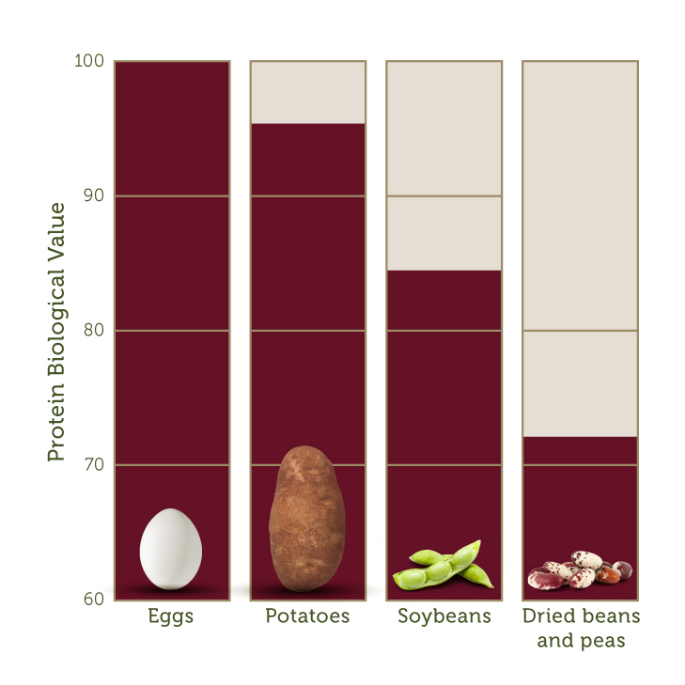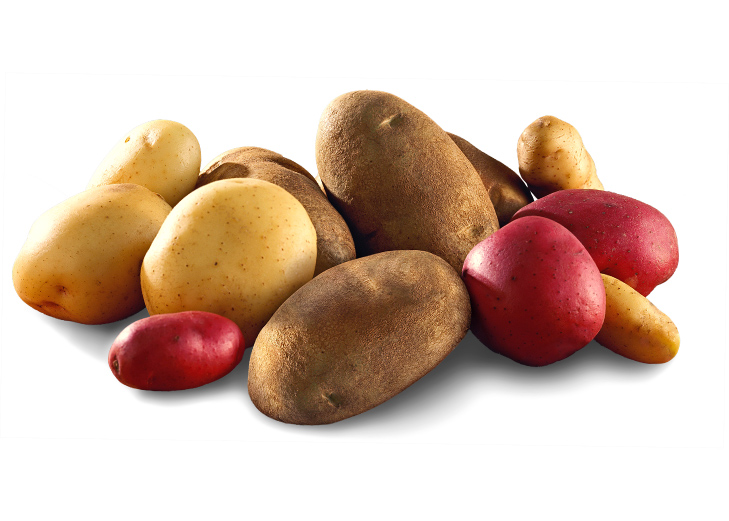Vegetables are big food news these days.
They’re in the headlines for their delicious flavors, beautiful colors and multiple health benefits. That’s why the US Department of Agriculture’s MyPlate, www.choosemyplate.gov – the graphic representation of the Dietary Guidelines for Americans – gives vegetables a very special place at the table. We are all encouraged to enjoy more than a quarter of our daily food intake from a variety of vegetables – at least 3 to 4 cups per day total for adults and at least 1 to 3 cups per day for children.
Unfortunately, very few Americans – young or old – come close to meeting these recommendations. The average daily consumption for adults and teens is only in the range of 1 1/2 to 2 cups of vegetables per day.
